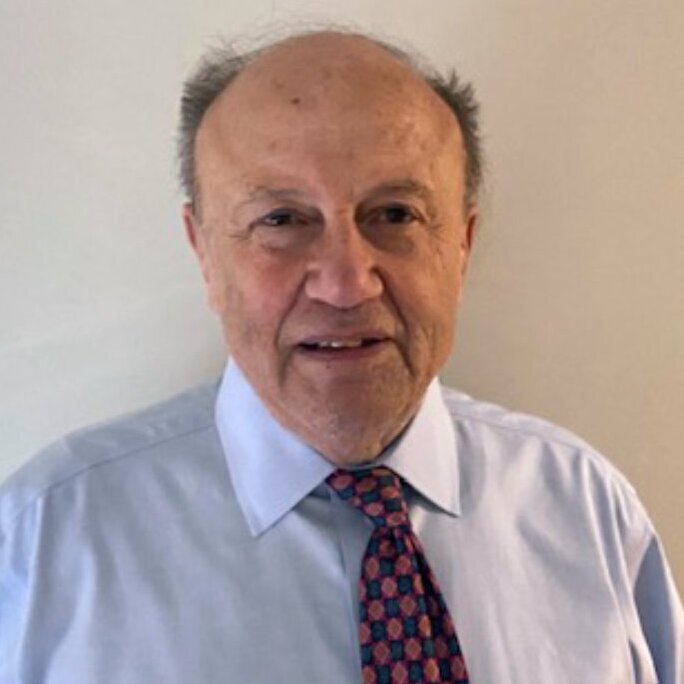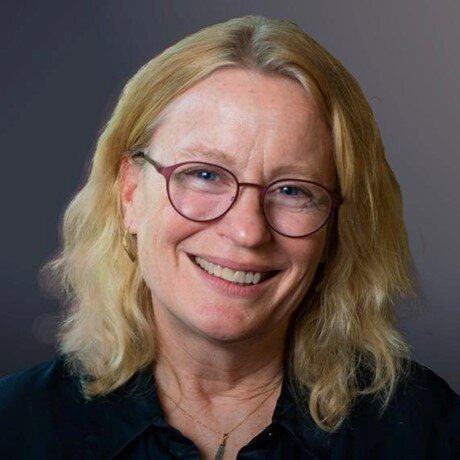The June 28, 2024, Supreme Court decision in Loper Bright Enterprises v. Raimondo overturning Chevron deference marks a pivotal shift that could reshape environmental regulation as we know it.
The longstanding Chevron decision established the principle that federal courts must defer to an agency’s reasonable interpretation of any statute deemed to be ambiguous. The June decision removes this deference to agency experts, and expands the authority of judges into the realm of policymaking. The decision has far-reaching implications, many of which are not fully understood.
In this webinar, legal experts discussed the implications of overturning Chevron deference, and its potentially profound impact on science, public health, and regulatory decision making. The webinar included an opportunity for participants to engage with the speakers, and learn more about efforts to promote science that strengthens and safeguards public health.
The discussion was moderated by Dr. Tracey Woodruff, Director of the Program on Reproductive Health and the Environment at UC San Francisco.
Featured Speakers

Bob Sussman, JD is an experienced lifetime environmental lawyer who has argued major cases in the federal courts raising issues about the interpretation of environmental and health protection laws. Bob was the EPA Deputy Administrator in the Clinton administration and senior policy advisor to the EPA administrator under President Obama. He has taught courses on environmental law at Yale Law School and the Georgetown Law Center. His current practice is representing NGO groups in court cases and administrative proceedings under the Toxic Substances Control Act and other laws. Bob is a graduate of Yale College and Yale Law School and clerked for a federal judge.

Erik Olson, JD is a senior strategist and advocate for the Natural Resources Defense Council's initiatives on health, including campaigns on drinking water protection and toxics in products and the environment. For 15 years, he worked as a senior attorney at NRDC before leaving to serve as general counsel and deputy staff director for the U.S. Senate Committee on Environment and Public Works. Later, he oversaw food safety and other food-related work at The Pew Charitable Trusts; he rejoined NRDC in 2013. Olson's work has led to the first major overhaul of the U.S. Food and Drug Administration’s food safety laws in more than 70 years. He holds degrees from Columbia University and the University of Virginia School of Law.

Lisa Heinzerling, JD is a Professor of Law at the Georgetown University Law Center, specializing in environmental and administrative law. She has published several books, including a critique of the use of cost-benefit analysis in environmental policy. She has received numerous awards related to her scholarship and advocacy in environmental law. She is a former public member of the Administrative Conference of the United States and a former chair of the board of the Center for Science in the Public Interest. After finishing law school, Professor Heinzerling clerked for Judge Richard A. Posner of the U.S. Court of Appeals for the Seventh Circuit and Justice William J. Brennan, Jr., of the U.S. Supreme Court.
This webinar was hosted in collaboration with the Science Action Network at UC San Francisco (UCSF), Earthjustice, and UCSF’s EaRTH Center.
